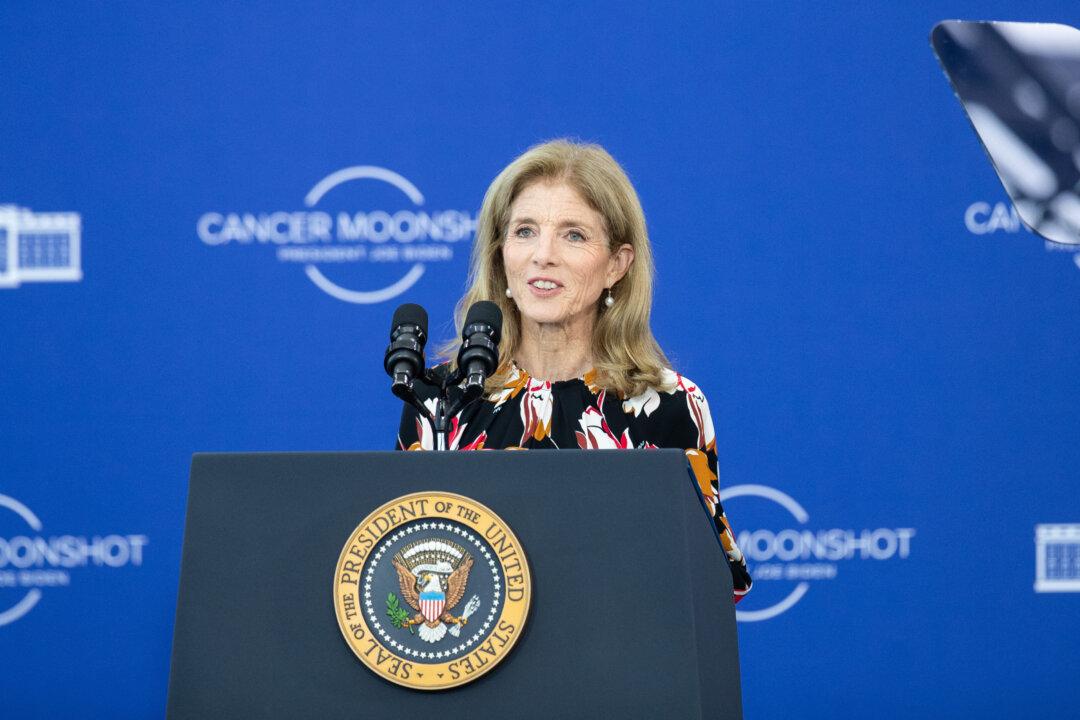U.S. Ambassador to Australia Caroline Kennedy has said Donald Trump’s second presidential term would not lead to the return of “America first isolationism.”
During her speech at the National Press Club of Australia on Nov. 18, Kennedy, whose term is about to conclude, addressed concerns about the relationship between the United States and Australia under the new Trump administration.





